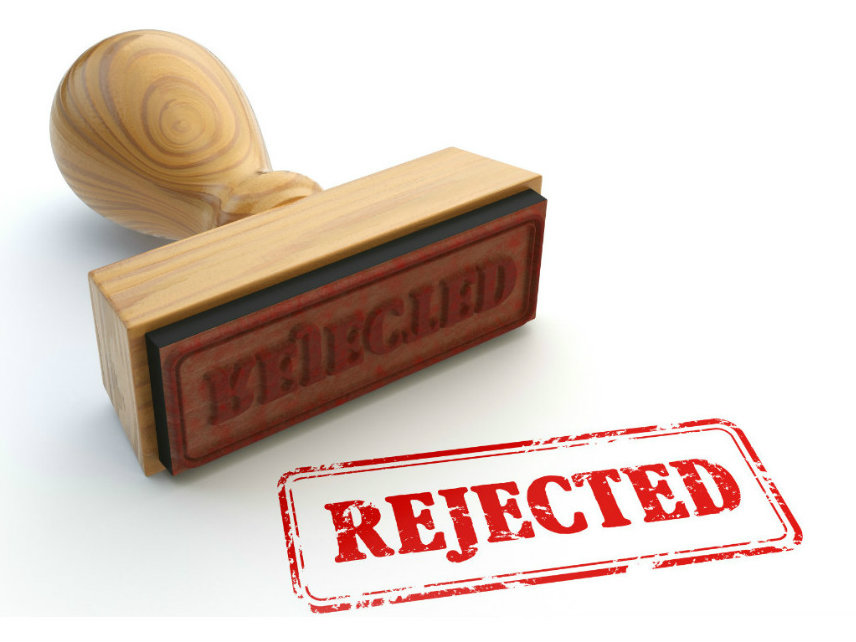Should an Old Larceny Conviction Keep a Man from Working as a Nurse?
A court rules that Michigan can't block a New York nurse from holding the same job in his new state.

A Michigan judge has ruled that the state's licensing agency cannot block a formerly incarcerated New York man from working as a nurse in his new state.
The decision—the first such ruling in the country, according to the attorney who represented the plaintiff—is a small yet significant blow against the state's rules prohibiting former prisoners from obtaining occupational licenses. Michigan is one of 29 states whose licensing regulations include "good character" requirements, which effectively ban people with criminal records from working in a wide range of professions even years after a conviction.
That's what could have happened to Laurence Reuben, a New York man convicted of grand larceny in the 4th degree in 2008. Five years later, he received a certificate from that state clearing him "of all disabilities and bars to employment" as a result of his felony conviction, allowing him to obtain a license to work as a nurse. After Reuben moved to Michigan, though, the state Department of Licensing and Regulatory Affairs refused to recognize the certification he had obtained in New York.
In a summary ruling, Judge Christopher Murray rejected the state's arguments and declared that Michigan must respect the New York certification. While the state will still be able to prevent other workers with criminal records from getting jobs in certain professions, anyone who has a similar certificate from New York will be able to use the precedent established by Murray's ruling, says Mike Perry, Reuben's attorney. (Reuben declined to be interviewed.)
"People who do something wrong should certainly be punished for it. But does that punishment have to last the rest of their lives? There are millions of people in Michigan with a criminal record; the legislature should give them an opportunity to obtain a license to work," says Jarrett Skorup, director of marketing and strategy for the Mackinac Center, a Michigan-based free market think tank. "When people aren't able to work legally, it encourages them to do so illegally—which isn't good for them or for the rest of society."
Reuben's story is similar to the plight of Carlos Romero, who I profiled in a feature about licensing reforms aimed at helping the formerly incarcerated get back to work. Romero was convicted in 1991 for shooting a man in the leg during an altercation on a Chicago street corner. After getting out of prison in 1993, Romero worked hard to turn his life around but found most doors were closed to someone with a criminal record. He finally got licensed, in 2010, as a respiratory therapist—a medical professional who works with patients suffering from a wide range of lung diseases or recovering from injury or surgery.
The next year, his license was stripped away when Illinois lawmakers passed a blanket ban on allowing anyone with a felony criminal record to hold a medical license. Even Romero, who had a clean record for nearly 20 years at that point, was not immune.
"I was floored, stunned, numb," he told me. "I was not worthy of a second chance, a fresh start. In short, it fucking sucked."
More than 600,000 Americans will be released from prison this year. "Stable employment is of central importance to the successful reentry of former inmates into non-institutionalized society," writes the Berkeley public policy professor Steven Raphael in The New Scarlet Letter: Negotiating the U.S. Labor Market with a Criminal Record. "Those with good jobs and good employment prospects in the legitimate labor market tend to commit less crime. Those with poor employment prospects tend to commit more." Recidivism is often driven by a need for income, or because the fear of being caught and punished means little for someone who has nothing and no prospect of employment.
There are cases where it may make sense to deny someone a job because of his criminal record. It's reasonable not to hire a onetime embezzler as a licensed accountant, or to keep someone with a DUI record from becoming a truck driver. But why should an embezzlement conviction prevent you from becoming a truck driver, and why should a DUI stop someone from becoming an accountant?
And simply moving from one state to another—as Reuben did—should never lead someone to lose her ability to work legally.
Unfortunately, that happens all too often to people in licensed professions, whether they have a criminal history or not. About 30 percent of American jobs now require a state-issued occupational license—up from about 10 percent in the 1970s. In a wide-ranging report last year on the consequences of licensing, the Brookings Institution identified a gap in migration rates between states with high licensing burdens and those with lower licensing burdens. In other words, people with a license in one state are less likely to move across state lines than workers in non-licensed professions.
Moving is already difficult and expensive. Knowing that you'll have to spend weeks or months retaking classes and exams before you can find work in your new state helps lock people in place.


Show Comments (20)